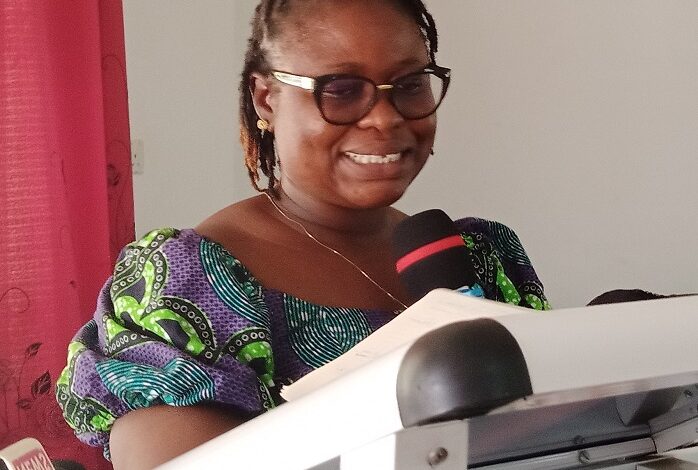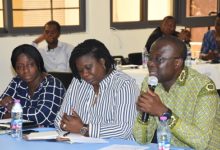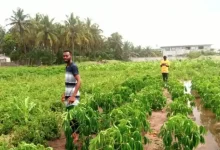
A total of 79 per cent of public senior high schools (SHSs) in the Upper West Region do not have access to proper sanitation.
The figure means that approximately 25,705 students in such schools do not have access to proper waste disposal systems, good latrines and proper hand washing facilities, thereby exposing them to the risk of acquiring sanitation-related diseases at school.
This was contained in a study conducted by the Upper West Regional Inter-Agency Committee on Sanitation (UWRICCS) in conjunction with the Environmental Health and Sanitation Department on the state of water and sanitation hygiene (WASH) facilities at the various SHS across the region.
Presenting the findings of the study at a stakeholders’ consultative meeting at Wa on Tuesday, a member of the RICCS, MrLukemanTahiru, said the study considered eight indicators which included students’ access to latrines, staff access to latrine, access to hand washing facilities and status of latrines and WASH facilities.
The others he mentioned as open defecation free status of the school, school’s commitment to WASH activities and general cleanliness of the school.
MrTahiru said that it was identified through the study that in 10 of the schools, staff had to share latrines with students as they did not have dedicated latrines for staff.
“Although some of the schools had good latrines, we realised that usage and maintenance of the facility was problematic as some of the walls and slabsof the latrines were painted withfaeces,” he said.
He explained again that some of the schools had completed water closet latrines but were kept under lock because the school did not have regular supply of water to operate the facility, thereby encouraging the students to resort to open defecation.
“Waste water management was also poor in many of the schools particularly water from bathrooms remained stagnant at one area and served as breeding grounds for mosquitoes, yet most of the schools had very limited commitment to WASH issues,” he lamented.
MrTahiruappealedto the municipal and district assemblies to have a relook at the provision of toilet and hand washing facilities in schools in order to prevent the outbreak of sanitation-related diseases.
For her part, the Regional Environmental Health Officer, Ms Freda Naatu, said that the inclusion of SHS in WASH interventions had become relevant as the schools were considered a part of the community within which they were located.
“It will be sad to note that a district or community would be declared open defecation free but a school located within the sector was practicing open defecation so we are focusing resources on the SHS to carry them along the ODF intervention”, she said.
She encouraged stakeholders to proffer immediate solutions for schools lagging behind and also encouraged MDAs to help improve upon sanitation facilities in the schools.
A WASH specialist with the United Nations Children’s Fund (UNICEF), Mr Osman Mumuni, called for collaboration between the various actors in the WASHsector to direct resources towards attaining good sanitation in the SHS in the region.
FROM LYDIA DARLINGTON FORDJOUR, WA







